CHRISTOPHER LOWEN AGEE is assistant professor in the history department at the University of Colorado Denver.
The University of Chicago Press, Chicago 60637
The University of Chicago Press, Ltd., London
2014 by The University of Chicago
All rights reserved. Published 2014.
Printed in the United States of America
23 22 21 20 19 18 17 16 15 14 1 2 3 4 5
ISBN-13: 978-0-226-12228-1 (cloth)
ISBN-13: 978-0-226-12231-1 (e-book)
DOI:10.7208/chicago/9780226122311.001.0001
Library of Congress Cataloging-in-Publication Data
Agee, Christopher Lowen, author.
The streets of San Francisco : policing and the creation of a cosmopolitan liberal politics, 19501972 / Christopher Lowen Agee.
pages cm (Historical studies of urban America)
ISBN 978-0-226-12228-1 (cloth : alk. paper) ISBN 978-0-226-12231-1 (e-book)
1. San Francisco (Calif.)Politics and government20th century. 2. San Francisco (Calif.)Social conditions20th century. 3. PoliceCaliforniaSan Francisco. I. Title. II. Series: Historical studies of urban America.
F869.S357A34 2014
979.4'61053dc23
2013031039

This paper meets the requirements of ANSI/NISO Z39.48-1992 (Permanence of Paper).
The Streets of San Francisco
POLICING AND THE CREATION OF A COSMOPOLITAN LIBERAL POLITICS, 19501972
Christopher Lowen Agee
The University of Chicago Press
CHICAGO & LONDON
HISTORICAL STUDIES OF URBAN AMERICA
Edited by Timothy J. Gilfoyle, James R. Grossman, and Becky M. Nicolaides
Also in the series:
Harlem: The Unmaking of a Ghetto
by Camilo Jos Vergara
Planning the Home Front: Building Bombers and Communities at Willow Run
by Sarah Jo Peterson
Purging the Poorest: Public Housing and the Design Politics of Twice-Cleared Communities
by Lawrence J. Vale
Brown in the Windy City: Mexicans and Puerto Ricans in Postwar Chicago
by Lilia Fernandez
Building a Market: The Rise of the Home Improvement Industry, 19141960
by Richard Harris
Segregation: A Global History of Divided Cities
by Carl H. Nightingale
Sundays at Sinai: A Jewish Congregation in Chicago
by Tobias Brinkmann
In the Watches of the Night: Life in the Nocturnal City, 18201930
by Peter C. Baldwin
Miss Cutler and the Case of the Resurrected Horse: Social Work and the Story of Poverty in America, Australia, and Britain
by Mark Peel
The Transatlantic Collapse of Urban Renewal: Postwar Urbanism from New York to Berlin
by Christopher Klemek
Ive Got to Make My Livin: Black Womens Sex Work in Turn-of-the-Century Chicago
by Cynthia M. Blair
For Mom and Dad
CONTENTS
FIGURE 1. Map of San Francisco. (Credit: Peter Anthamatten.)
INTRODUCTION
The protest songs echoing off of San Francisco City Halls domed rotunda layered into a quaking, choral-like din. More than two hundred protesters packed the grand marble staircase that swept from City Halls street-level lobby up toward the chambers of the San Francisco Board of Supervisors. Inside that oak-paneled hearing room, the House Committee on Un-American Activities (HUAC) was conducting a two-day investigation into suspected Communist activity. On this second afternoon, May 13, 1960, the congressional committee had dictated audience seating policies designed to deny the demonstrators access to the government proceedings. The protestersmostly college studentsnow bellowed, Break down the doors!
Inspector Michael Iron Man Maguire and a phalanx of helmeted officers assembled a line between those chants and the government hearings. Maguire was a member of the San Francisco Police Department (SFPD) intelligence squad, but he had no experience or special training in handling aggressive demonstrations. Still, the SFPDs command staff was content to leave the situation in the hands of the unprepared lieutenant; members of the departments top ranks remained conspicuously absent from the scene. It was thus Maguire who decided to act. He ordered his men to uncoil the fire hoses stored at the top of the stairs. They turned the nozzles on the protesters and unleashed a torrent of stinging water.
The students held fast, and onlookers struggled to determine who controlled the situation. A young defense attorney later recalled rushing forward to stop the hosing: I... asked a motorcycle policeman if I could speak with the officer in charge. As he did not answer, I repeated the question several
Over the next decade, San Franciscos 1960 anti-HUAC protest and City Hall police riot served as touchstones in the nations debates over law and order. These national law-and-order discussions divided over the question of whether the welfare regulatory state and increased pluralism in politics and behavior were responsible for the decades frightening rise in violent crimes. In the aftermath of the San Francisco City Hall riot, HUAC quickly produced the film Operation Abolition, a misinformation piece providing a conservative explanation for the bedlam. Through deceptive editing and narration, the film blamed students for initiating the City Hall violence. The movie claimed that a college newspaper and a liberal politician had riled the young people with jeremiads against HUAC, and then Communist agitators had marched the impressionable students up the stairs of City Hall and into an assault on the police.
Operation Abolition soon became a sensation among both the gathering New Right and the nascent New Left. When civic groups and conservative clubs screened the film, audience members nodded approvingly at the concluding footage of police beating the air of defiance out of the students. When the film played on university campuses, by contrast, college students frequently disregarded the film narrators insistence that Communist puppet masters lurked off camera and instead focused their attention on the SFPD violence in plain sight. The film became a camp favorite among young people who saw in the police response evidence that the government opposed political pluralism. From this perspective, the City Hall police riot gave the student left its first martyrs.
In their responses to the City Hall clash, both conservatives and college students took aim at the failures they perceived in the liberal state. From the vantage point of conservatives, liberal institutional tolerance for youthful in
The 1960 City Hall protest and police riot also drew the attention of such liberals as San Francisco journalists Wes Willoughby and Hadley Roff. Eight months after the protest, the duo published a five-part series recounting the clash and its political fallout. They identified three reactions to the violence: Supporters of the [HUAC] committee say the police werent firm enough at City Hall.... Objectors to the committee say the police were brutal. The reporters emphasized the third interpretation: Others say the police were inept.


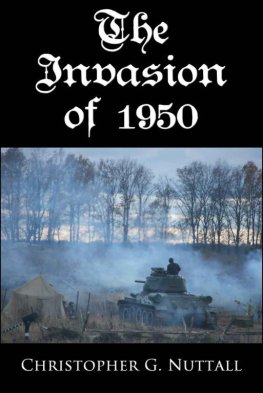

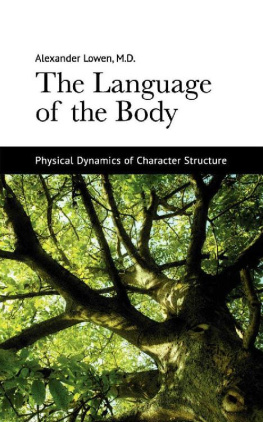
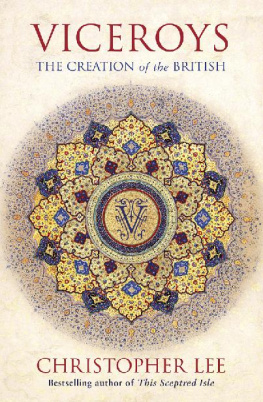
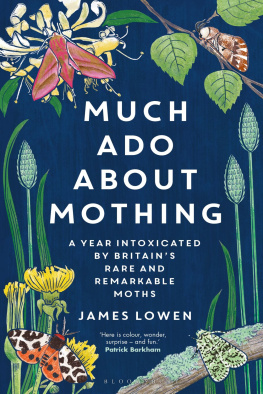
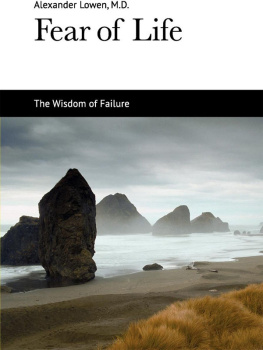

 This paper meets the requirements of ANSI/NISO Z39.48-1992 (Permanence of Paper).
This paper meets the requirements of ANSI/NISO Z39.48-1992 (Permanence of Paper).
